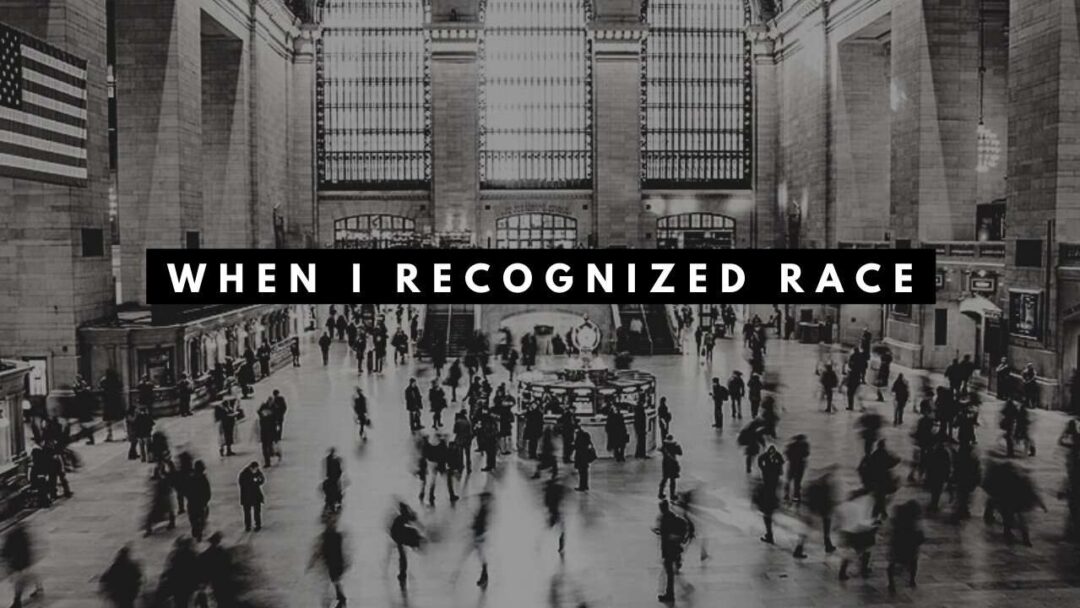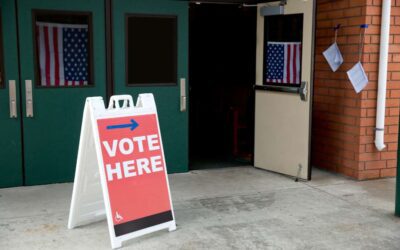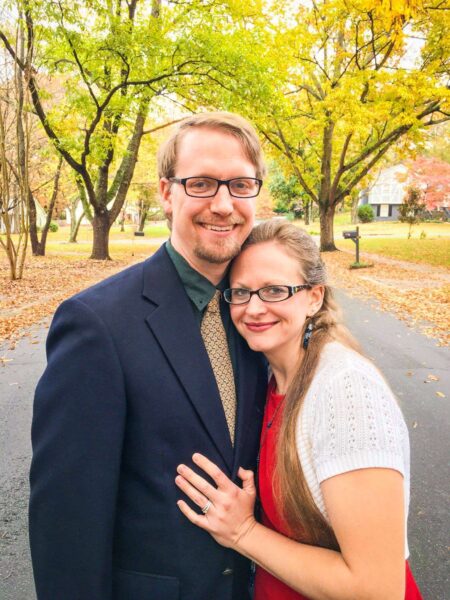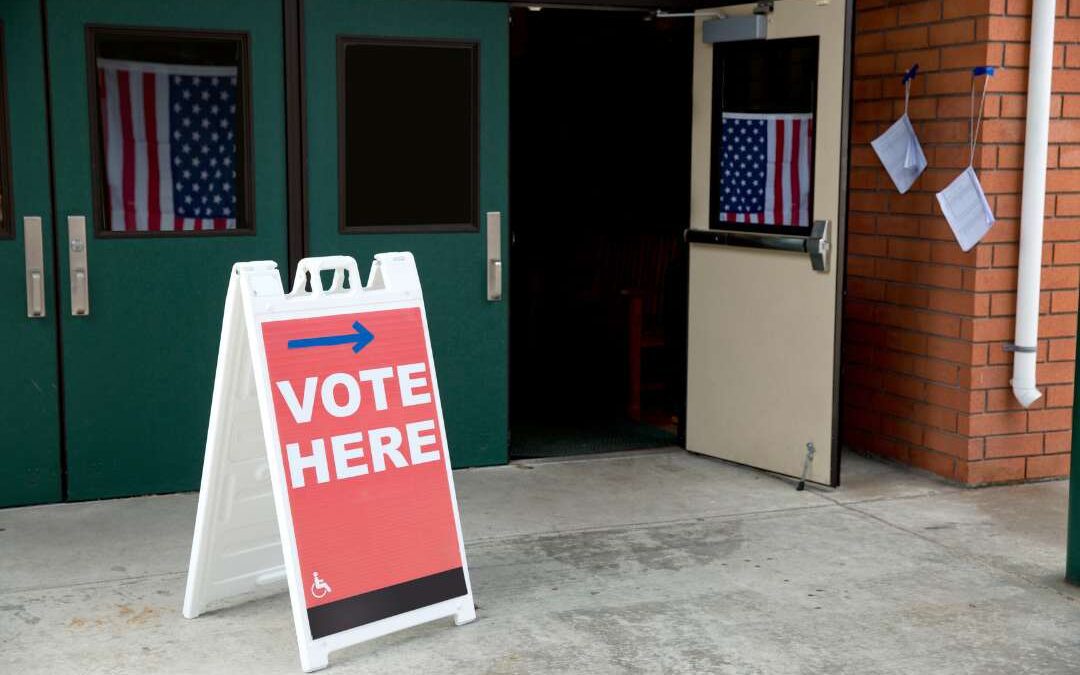What do you do when two impossibilities collide? This was my dilemma fifteen years ago while sitting in class at my conservative Christian university before I recognized race.
Our normally boisterous class began on a somber note as our Hispanic professor recounted his prior evening:
“I was pulled over last night while driving through an affluent neighborhood to meet with some people from my church. On his way up to my driver’s side window, the police officer kicked out my taillight and proceeded to ticket me for driving with an unsafe vehicle.”
There are moments in life when your tightly held beliefs are challenged. September 11, 2001 permanently shook my belief that the world is good and kind. My naïve assumptions about the goodness of the world as a 15-year-old provides loud commentary on the kind of social environment in which I grew up. Later, a church fired my pastor-father for insisting that unrepentant sexual immorality was a disciplinable offense, and it shook my notion that people in church always and inflexibly did what was right.
And that day in class, the white walls and cheap plastic desk chairs became the scene for another battle in my heart as two fundamental assumptions regarding life became incompatible.
Bible professors do not lie.
Policemen do not harm.
One of those tenets had been threatened before. A year prior, a New Testament professor at a rival school was caught with acres of child pornography on his computer. While he sat in prison I contented myself with the idea that his crimes were simply the product (and proof) of that institution’s doctrinal compromise compared to the purity of my own university. Lies may afflict them, but they do not afflict us.
But broken red glass and an accusation against the police inconveniently bypassed such convenient defenses. I could not attribute this to the lazy and dehumanizing excuse that poor theology causes an inability to tell the truth about events that happen in time and space.
My first impulse was to sail towards the safe harbor of “one bad apple.” Well, I thought, there are bound to be bad policemen because total depravity exists. He must have just run across the one cruel policeman.
Continuing words from my professor pressed the storm deeper into the cove, “This is the fifth time I’ve been pulled over in our city for Driving While Hispanic in an affluent neighborhood.”
The one bad apple safe harbor compromised, I was left with few other choices. Rather than deny either cut and dry statement, I chose the next best thing: He’s mistaken. Such a judgement allowed for both unassailable statements to live together in an uneasy cease-fire, a narrow inlet that provided an illusion of safety.
Spoken aloud, He’s mistaken would have sounded incredibly foolish. Rather than accepting that my experience in an 85% white, affluent community in central California might not be the exact experience of a Colombian immigrant in the same community, I chose to functionally insult my professor’s intelligence. It takes a special degree of arrogance to automatically assume that you, as a 21 year old college junior, have far greater ability to interpret your quite godly professor’s experience than he does. Never mind that he’s proven himself faithful and true in every other area of life. Never mind that his life experience and therefore ability to parse societal ills vastly outweighed mine. And—most importantly—never mind that he was actually there.
Dutch Reformed theologian Herman Bavinck once wrote, “The shape of one’s thought is often nothing more than the history of his heart” [1]. The center point of my heart’s history and my professor’s history was shared—reconciliation with the Father through faith in his risen Son by the Holy Spirit. However, our shared belief in Christ and agreement on virtually every other major point of doctrine is not the only “history” relevant to the development of our outlook on life.
The lesson I should have learned that day would instead be learned at a much later date through many challenging and, at times, painful conversations with faithful friends. It is terribly difficult to view life through a lens other than your own, and as a majority-culture individual, it’s easy to assume that my experiences represent the experiences of everyone in every contour of our culture.
When those who occupy a different slice of life—economically, ethnically, geographically, vocationally—consistently offer an interpretation of reality different than those of majority culture, it behooves us to pay attention. It’s not poor doctrine or substandard intelligence driving these concerns, it’s a different life history.
In retrospect, those cold white walls and cheap chairs housed God’s kindness to me as he sought to disabuse me of the notion that my own experiences accurately encapsulate the experience of everyone else under the sun.
In retrospect, I should have listened.
[1] Herman Bavinck, The Certainty of Faith, trans. Harry der Nederlanden (Ontario: Paideia Press, 1980), 23.
Prayer Requests:
- Pray that the Christian majority-culture would listen to hear and understand the voices and concerns of their minority brothers and sisters.
- Pray that false and foolish intellectual refuges would be proven unsustainable.
- Pray that the church grows in its understanding that theological agreement does not automatically beget agreement in social policy and also does not exclude those of differing perspectives.











